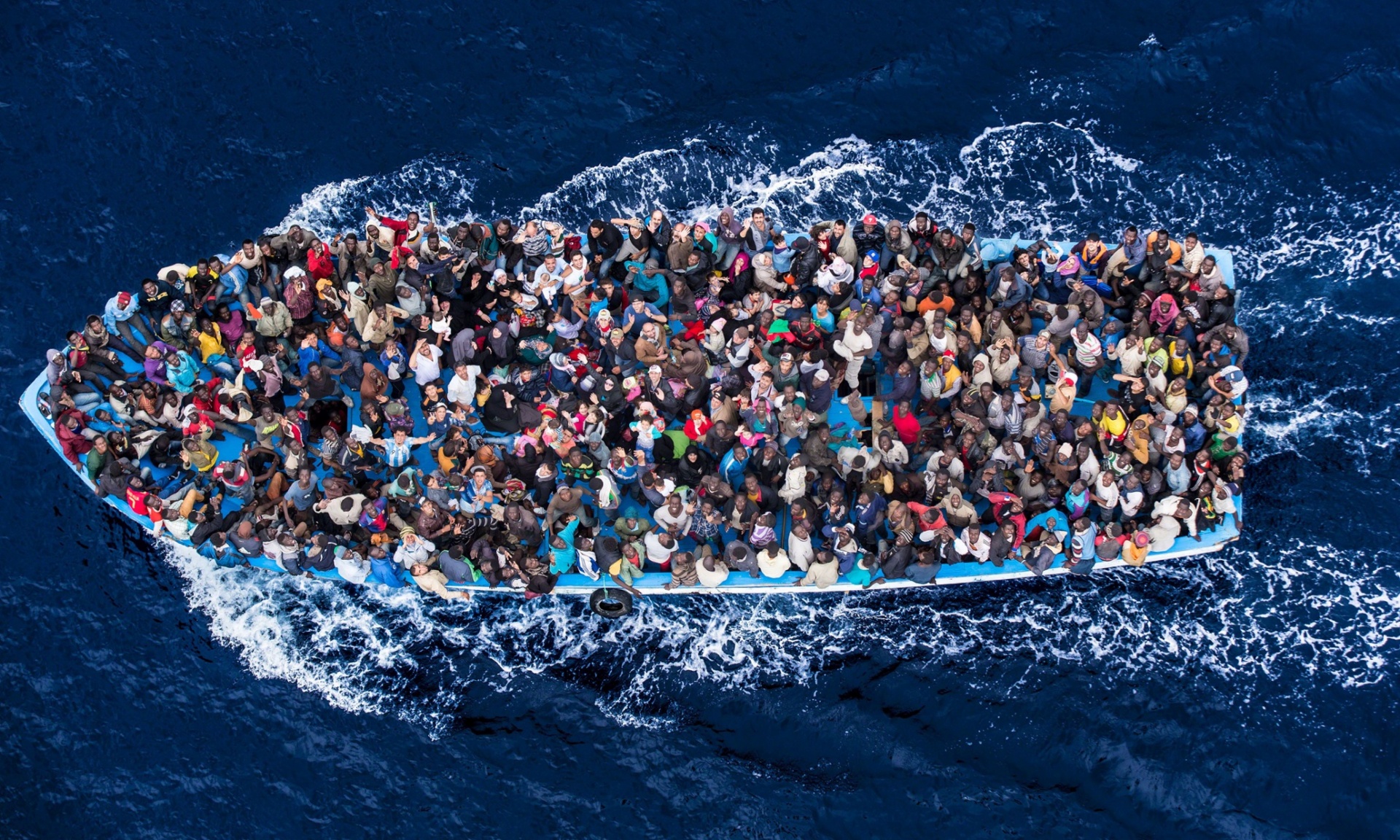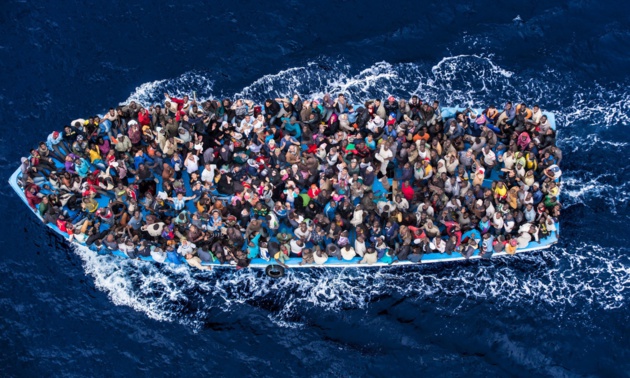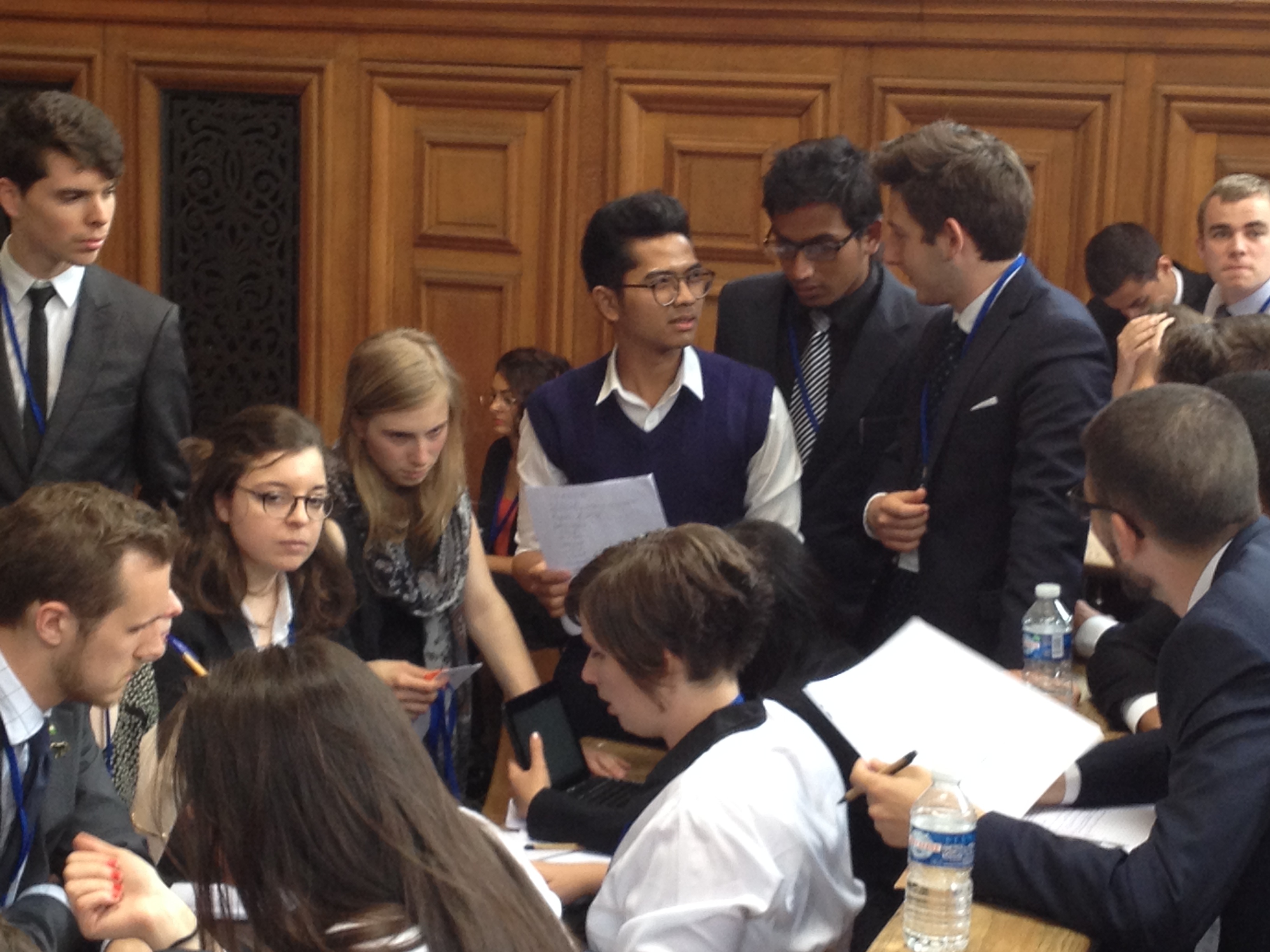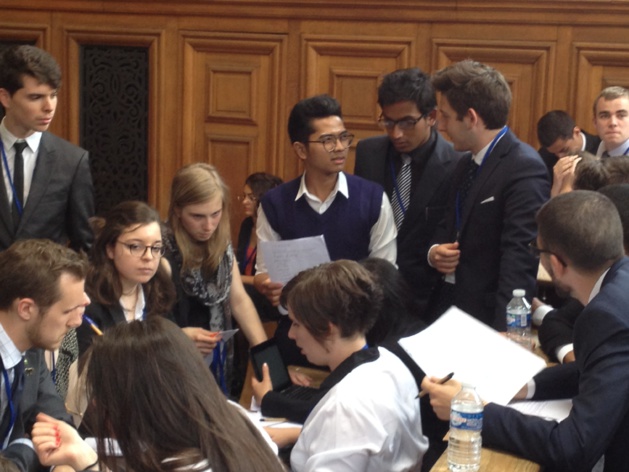So let’s get a closer look at the core of the debate. Three main points were discussed: first the proposition of a bilateral agreement with African states, second, the decision of the budget attributed to FRONTEX and third (and maybe one of the thorniest point) the description of concrete goals within the Triton operation.
The side effects of such an event as PIMUN, and the MUNs in general, is sometimes the lack of diversity of the positions and ideas, and the risk of a systematic consensus in regard of the similar backgrounds of the students (often studying in the same fields) even if they come from different countries. Therefore, MUNs reveal in fact that a good diplomate, and therefore a good delegate, is one that manages to combine concession with the defence of his country’s specific interests. So it was striking to see that the debate which occured in this European Council committee was far from being consensual or reductive : the different positions expressed by the countries were in fact deeply reflexive.
To give an example, on the issue of the bilateral agreement in the European council committee Sweden and the other Scandinavian countries defended the idea of a humanitarian operation in the countries concerned by massive emigration in the Mediterranean. Spain on the other hand refused to step in. But Hungary and Poland proposed an original idea : to combine humanitarian action and intelligence in these countries, to stop the flow of migrants. And despite some unrealistic propositions many delegates managed to lead the debate towards real progress.
The two working papers, one sponsored by Sweden, the other one by Spain, represented the two groups of alliance formed in the committee, each of them let by Sweden and Spain.
Sweden proposed to lead a humanitarian action in the countries concerned, and reform the existing institutions to guide it. For the delegate of Spain who was interviewed, the swedish proposal was not realistic enough: « They only see the beautiful humanitarian principals without taking in account the true situation on the ground, which is dramatic. » meaning that the short term efficiency (to destroy the ferrymen organizations and keep the migrants from leaving) is more important for now than the long-term efficiency (to develop a humanitarian action in these countries to help the inhabitants to access higher living standards so they do not wish to leave anymore). Malta’s delegate urged all the delegates as well « to not mistake hurry and hastiness ».
The question of immigration is in fact extremely complicated : saving the lives of migrants is a priority, even if it means to deal with this issue by destroying their possibilities to leave their motherland and prevent them to take the sea at all (which is closer to the Spanish’s position, followed by Hungary). However, ethically speaking, the despear expressed by the migrants who try to reach Europe despite of the risks calls for international solidarity : this is what we could call the ‘’Swedish coalition’s point of view’’ including the delegates of Sweden, and its Scandinavian allies.
For the chair Arthur Loréal, the questions debated were wide and did not focus only on FRONTEX. This shows that the crucial question of immigration goes beyond strict measures, and calls for an ethical, as well as a global and international thinking on the issue of human rights that are involved. All the difficulties were not resolved, like for instance the question : how can we cooperate on the matter with countries such as Syria? On what terms ? And to what extent do we have the right to intervene in this countries ? (The delegate of Malta did accuse the project led by Sweden of « neo-colonialism»). However, the deep thinking that was led, the diversity of view points and positions adressed, is enough to call this debate on FRONTEX (and emigration in general) a success. We could conclude on this hopeful decleration of France : « International solidarity must be our priority.»































